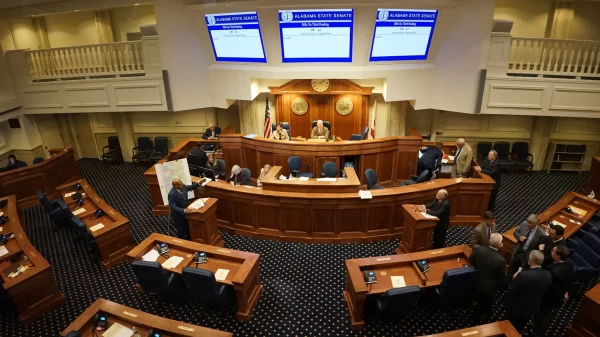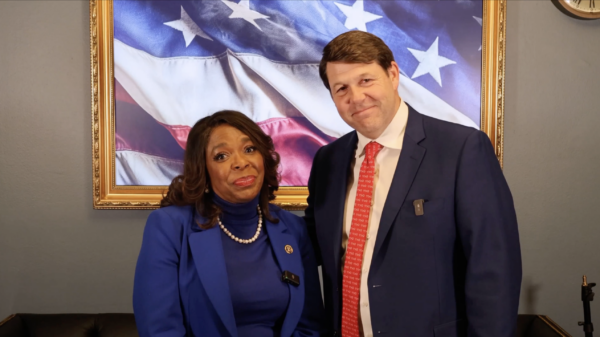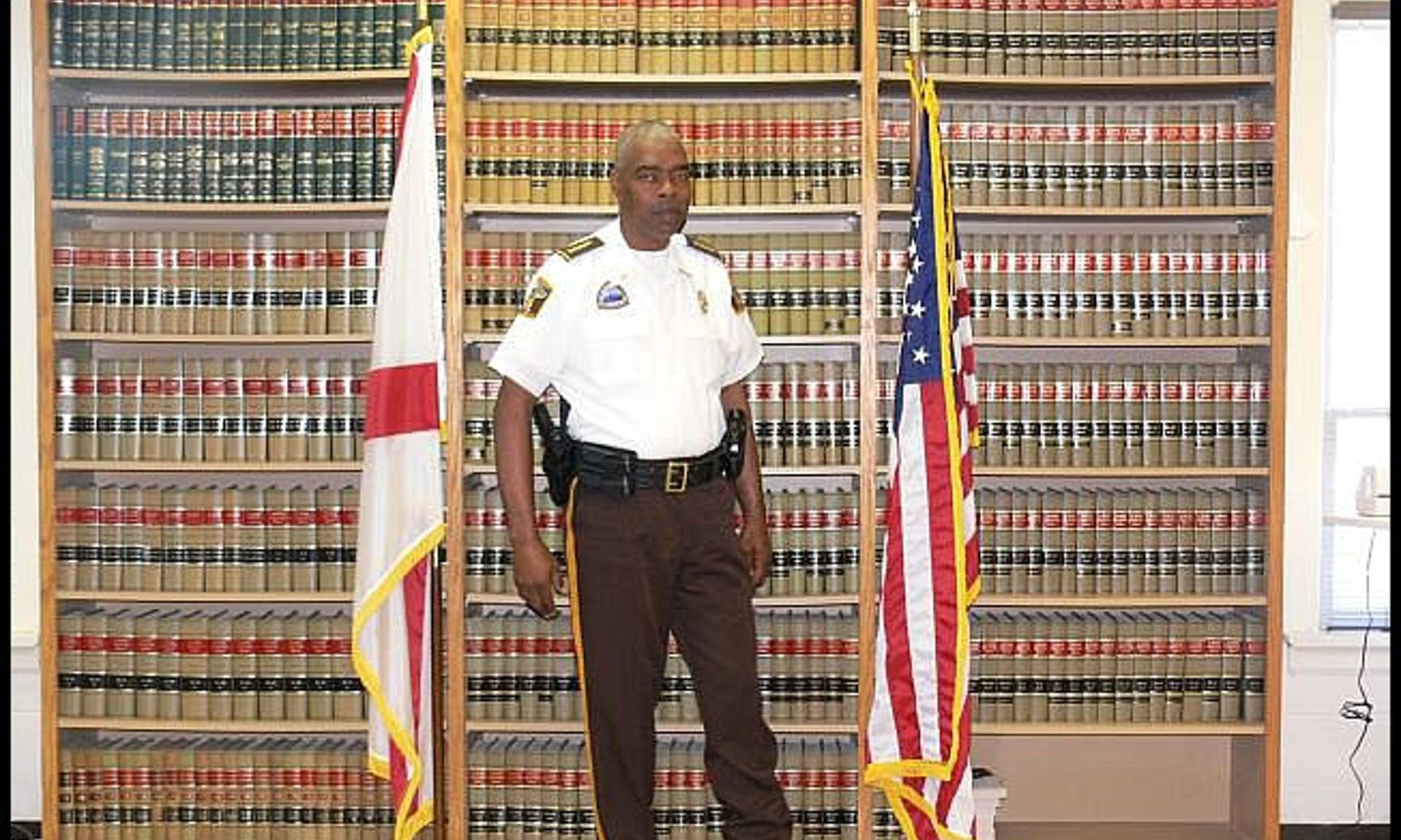Some call this a golden age. They point to record markets, boast of technological wonders, and praise an economy that works—for them. But for working families, for struggling parents, for those pushed to the margins, this era is anything but golden. At best, it’s gilded.
As Mark Twain warned when he coined the term “Gilded Age,” the glitter is meant to distract from the decay beneath. “A glittering surface but corrupt underneath,” he wrote. That’s where we are now—shiny on the outside, rotten at the core.
But this is not just a gilded age. It is a graceless age.
We have traded dignity for dominance, humility for humiliation. In our politics, our culture and even our daily discourse, grace is mocked as weakness. Cruelty is marketed as strength. From Washington to Montgomery, the spineless bow not to the people, but to the bullies they fear. They do not lead; they obey.
We are not living in a fearless age. We are living in a lawless one—where accountability is optional for the powerful and unavoidable for the powerless. The law is twisted not to uphold justice, but to preserve control. Injustice isn’t just tolerated—it is televised, monetized and weaponized.
But grace—true grace—is never meek. It doesn’t hide in platitudes or whisper behind closed doors. Grace, when wedded to courage, can shake empires.
In 1930, Gandhi led his followers 240 miles to the sea to defy the British salt monopoly. Their crime? Collecting salt. Their punishment? Brutality. At Dharasana Salt Works, British officers beat hundreds of peaceful protesters. American journalist Webb Miller wrote: “Not one of the marchers even raised an arm to fend off the blows.” That report traveled the world and shamed an empire.
Here in Alabama, in 1963, peaceful demonstrators in Birmingham—many of them children—were met with fire hoses, snarling dogs and police batons. The scenes of teenagers pinned to walls by water cannons and dragged through the streets shook the conscience of a nation.
Then came Selma. The Edmund Pettus Bridge. John Lewis and Hosea Williams leading marchers into a gauntlet of troopers. Clubs. Gas. Blood on the pavement. Sunday clothes torn and stained. But the cameras were rolling. And once again, America could no longer pretend it didn’t see.
When President Lyndon B. Johnson signed the Civil Rights Act of 1964, he said: “We have talked long enough in this country about equal rights. It is time now to write the next chapter—and to write it in the books of law.” He knew what it would cost him politically. He did it anyway.
That was grace. That was courage. That was leadership rooted in moral clarity, not political calculus.
That is what we lack today.
We are governed by those who wrap cowardice in rhetoric. They perform strength while serving only themselves. They do not call us to our better angels—they stoke our worst instincts. To them, truth is a threat, and decency a liability.
But here’s what they forget: it is not the iron fist that rules the world—not for long. Tyrants may rise, but they always fall. Because natural law—moral law—cannot be buried forever. The people rise. They always do.
They rise in silence and in song. In protest and in prayer. They rise not to seize power, but to reclaim dignity. And when enough stand together—when the burden becomes too great—the tipping point comes. And the strongmen fall.
Yes, we are living in a graceless age.
But grace is not dead. It lives wherever someone chooses truth over convenience, justice over comfort, and service over self. It lives in the teacher who speaks up, in the pastor who refuses to lie, in the citizen who votes not just their interest, but their conscience.
And let us remember what it means to rise above our inheritance.
When Johnson signed the Civil Rights Act, he did so not as a Northeastern liberal or civil rights activist, but as a white Southerner from the Hill Country of Texas—raised in an age steeped in segregation and racial cruelty. He could have clung to the comfort of tradition. He could have bowed to political pressure. But instead, he stood tall and told the truth.
He rose above the heritage of hate that shaped much of his home region. He made the hard choice—the right choice—and in doing so, changed the course of history.
That was grace with guts. That was courage born of conscience.
That is what we need now.
Mark Twain once said, “Do the right thing. It will gratify some people and astonish the rest.”
So let us astonish them.
Let us be the ones who bring back grace—not the passive kind, but the kind that stands its ground. The kind that speaks truth in hostile rooms. The kind that walks back across bridges others burned.
Let us choose courage over convenience, conviction over comfort. Let us reject the politics of fear and fight instead for the promise of dignity—for everyone.
Because the greatness of this nation—and of this state—has never been found in its gold, its guns or its power.
It has always been found in its goodness. In its people. In the moments when we rose above what we were taught, what we were told, and what we were expected to do—and instead did what was right.
That grace and goodness begins again, right now, with us.















































